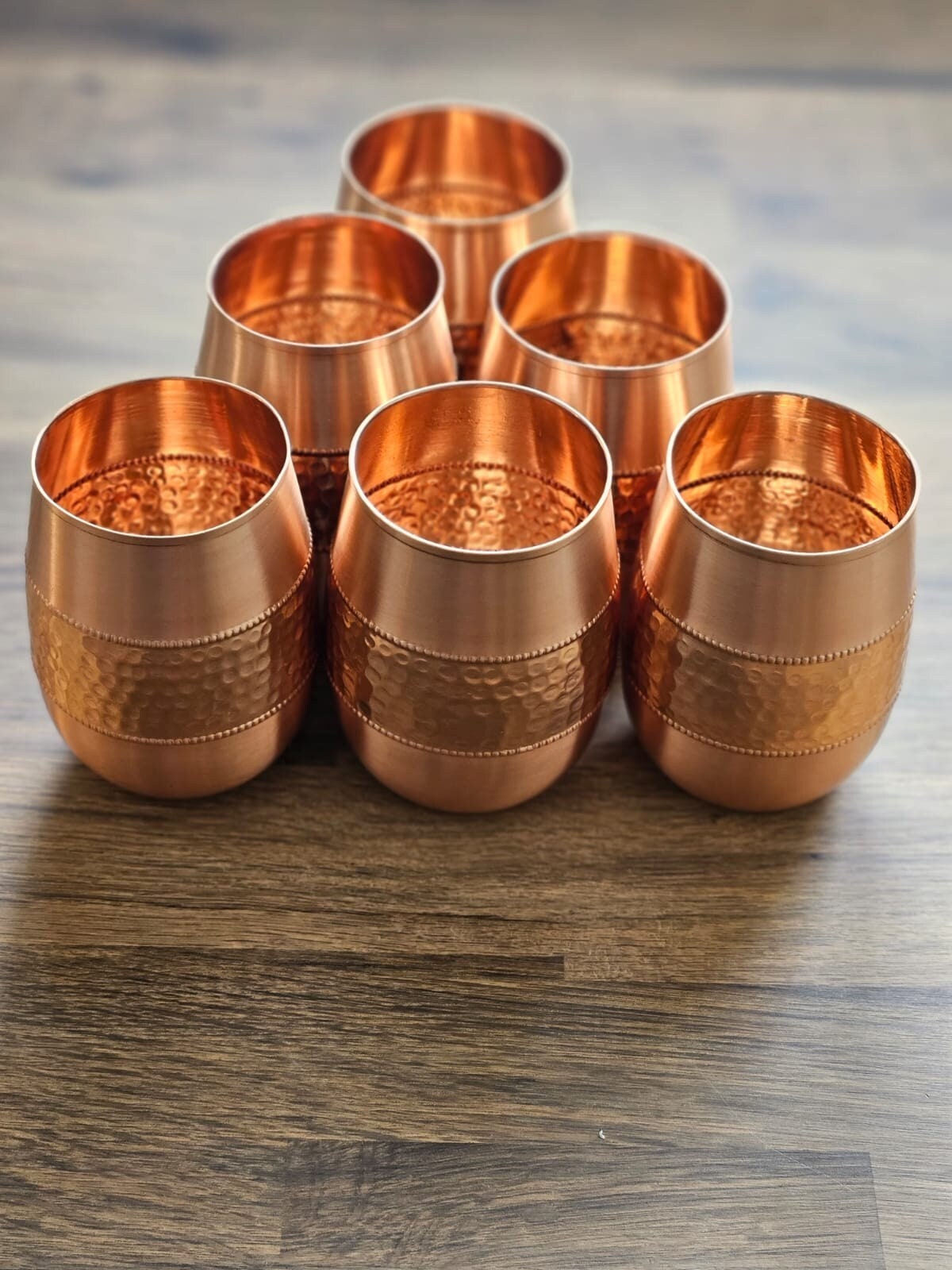Explore the Conveniences of Using Premium Copper Products for Home and Market
Checking Out the Diverse Applications of Copper Products in Modern Industries
From boosting the efficiency of electric systems to playing a vital function in sustainable power technologies, the convenience of copper is evident. As sectors significantly focus on advancement and sustainability, the varied applications of copper require a closer evaluation, especially concerning their potential impact on future technological innovations and environmental techniques.
Electric Applications of Copper
Copper is a crucial product in the electrical industry, making up roughly 60% of the total need for non-ferrous steels internationally - Copper Products. Its premium electrical conductivity, which is almost twice that of light weight aluminum, makes it the preferred selection for a vast array of electrical applications. From electrical wiring systems in commercial and household buildings to high-voltage power transmission lines, copper makes sure efficiency and integrity in electricity delivery
In enhancement to wiring, copper is essential to the manufacturing of electric parts such as generators, electric motors, and transformers. These components take advantage of copper's thermal conductivity and malleability, crucial for warm dissipation and efficient performance. Additionally, copper's resistance to corrosion boosts the life expectancy and sturdiness of electric systems, making it an economical service in the long-term.
The development of renewable resource sources, such as solar and wind power, has even more increased the demand for copper in electrical applications. As sectors change towards sustainable energy options, copper's role comes to be much more essential. Overall, the adaptability and performance features of copper solidify its condition as a foundation material within the electrical market, driving technology and efficiency throughout numerous applications.
Plumbing and Piping Solutions
In modern plumbing systems, the option of materials substantially influences both performance and durability. Copper has actually emerged as a favored alternative due to its unique homes, including rust resistance and antimicrobial features. These characteristics ensure that copper piping stays durable and risk-free for transporting safe and clean water, an important consideration in property and commercial applications.
One of the essential advantages of copper in pipes is its capacity to stand up to high temperatures and stress, making it suitable for a selection of applications, from warm water systems to heating and cooling down networks. Additionally, copper's versatility permits much easier installment in complex piping formats, reducing the risk of failings and leaks.
Another noteworthy advantage is copper's long life-span, usually going beyond half a century with correct maintenance. This longevity not only minimizes substitute prices yet likewise adds to lasting practices by lowering waste. Furthermore, copper's recyclability straightens with contemporary ecological requirements, promoting a round economic climate within the pipes industry.
Copper in Renewable Resource
The convenience of copper prolongs past plumbing applications, playing a vital role in the renewable energy field. In solar panels, copper is used in photovoltaic cells and wiring, promoting reliable power conversion and transmission.

In addition, as the international demand for electrical cars (EVs) increases, copper's function in battery systems and charging framework ends up being much more considerable. The product's ability to perform electrical energy effectively is indispensable to the efficiency of EV batteries, improving range and charging speed.
Copper's Role in Electronics
Electronics making counts greatly on copper's extraordinary residential properties, particularly its high electric conductivity and thermal performance. These attributes make copper an optimal selection for a wide variety of digital elements, consisting of ports, circuit boards, and electrical wiring. The steel's capability to successfully transmit electric signals makes certain marginal power loss, which is crucial in high-performance electronic devices.
In addition, copper's thermal conductivity plays a considerable function in heat dissipation, securing delicate parts Discover More from overheating. This is especially essential in modern-day electronics, where portable designs result in increased warmth generation. Copper is also favored for its malleability and ductility, enabling it to be conveniently shaped into elaborate layouts that fulfill the needs of sophisticated electronic applications.
With the increase of customer electronic devices, telecoms, and electric lorries, the need for copper in the electronic devices sector continues to expand. Therefore, copper remains a keystone material in the ever-expanding area of electronic devices.
Ingenious Makes Use Of in Production

One remarkable application remains in additive manufacturing, where copper-based materials are utilized in 3D printing processes. This permits the production of intricate geometries and lightweight components, particularly in the aerospace and automotive fields. Additionally, copper's thermal conductivity makes it a suitable selection for warmth exchangers, boosting efficiency in commercial air conditioning systems.
In addition, the increase of clever useful site production has actually seen the incorporation of copper in IoT devices, where its conductive abilities support innovative noticing modern technologies. In the realm of renewable power, copper is essential in the production of photovoltaic panels and wind turbines, assisting in much more effective energy conversion and circulation.
As industries pursue sustainability and development, copper's convenience and performance continue to place it as a critical material, driving improvements in production and adding to the development of smarter, a lot more reliable products.
Verdict
The essential function of copper in eco-friendly power and its necessary function in electronics highlight its value in progressing you can try here lasting methods. Collectively, these applications illustrate copper's important payment to technical progression and commercial effectiveness in contemporary culture.
From enhancing the efficiency of electric systems to playing a crucial function in eco-friendly power innovations, the versatility of copper is apparent. As markets increasingly focus on technology and sustainability, the diverse applications of copper necessitate a closer evaluation, especially concerning their potential impact on future technological innovations and environmental methods.
The development of renewable energy sources, such as solar and wind power, has better boosted the need for copper in electric applications. In general, the versatility and performance qualities of copper solidify its status as a cornerstone material within the electrical industry, driving development and performance across various applications.
The versatility of copper expands past pipes applications, playing an essential duty in the eco-friendly power field.